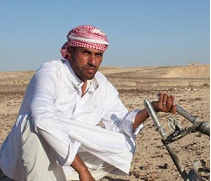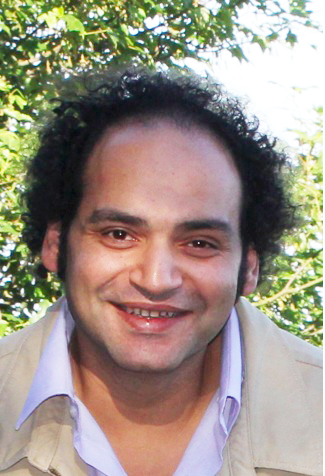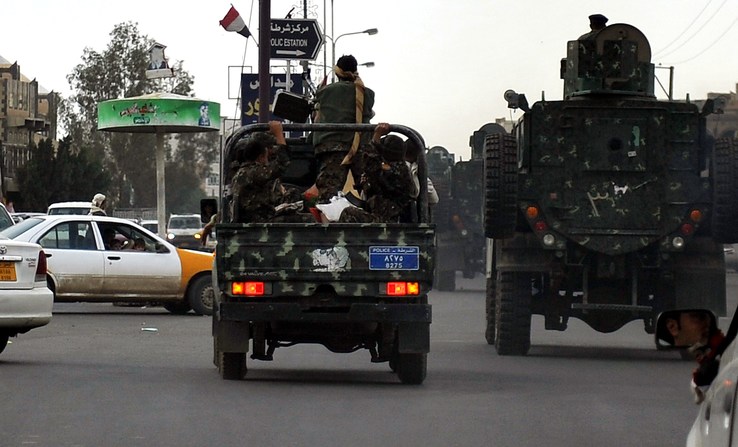Global spike in death sentences in 2014 largely due to Egypt
End of year report identifies Egypt handed out many sentences though executed…
Whispers of dissent in Kremlin-ruled Crimea
Ukraine’s government estimates there are 25,000 people in Crimea like Anastasiya who…
Swiss-Listed Orascom warns on profit amid Egyptian instability
Specific factors hitting Orascom include lower capitalisation of financing costs, the devalued…
Getting in the way: politics and doing business in Egypt
“If it bleeds, it leads.” That news industry fundamental is Minister of…
Sinai tribes postpone protests due to domestic instability
Federation of tribesmen opposes Ministry of Defence prohibition on private ownership of…
Christmas tourism reservations drop by 50 per cent
Officials attribute drop in tourism to violence and unrest in Cairo
Twenty-five per cent drop in flight arrivals since December
Airline companies are closely monitoring the results of the referendum
Oil pipeline sabotaged in Yemen
Bombing comes amid week of continued chaos






